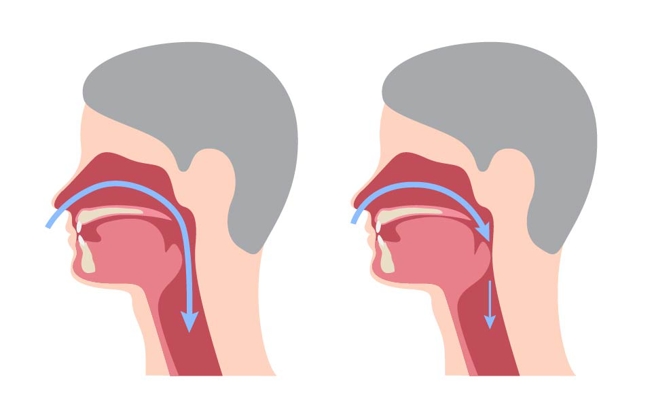The Link Between Acid Reflux and Esophageal Cancer
- Category: Cancer, Oncology, Parrish Cancer Center
- Posted On:
- Written By: Parrish Healthcare

Acid reflux, also known as gastroesophageal reflux disease (GERD), may be considered a minor problem, but it can pose an increased risk of esophageal cancer. While GERD is not uncommon and having it does not mean you will develop esophageal cancer, it’s helpful to be informed and take measures to prevent further health complications.
How Acid Reflux Can Lead to Esophageal Cancer
Acid reflux occurs when acid from the stomach advances back up into the esophagus. Acid reflux can cause damage to the lining of the esophagus which can eventually lead to the development of abnormal cells. Leaving acid reflux untreated for a long period of time can significantly increase your risk of developing esophageal cancer.
Signs and Symptoms
Not everyone will experience the same symptoms, however, the following persistent symptoms could indicate the onset of esophageal cancer:
- Heartburn
- Hiccups
- Pain in the chest, abdomen, bones, or back
- Loss of appetite (with unintended weight loss)
- Dysphagia - difficulty swallowing
- Severe coughing
- Melena - stools that are black and tarry
- Hematemesis - vomiting blood
- Hoarseness
Risk Factors and Prevention Methods
A direct cause for esophageal cancer is not fully known. However, there are several other risk factors you should be aware of:
- Poor dietary habits (may lead to nutrient deficiencies)
- Obesity
- Tobacco usage
- Bad oral hygiene
- Certain medical conditions like Barrett’s esophagus, HPV virus, and tylosis
- Excess usage of alcohol
- Drinking hot beverages
- Exposure to chemicals like lye
- Being Caucasian
- Being male
- Medical history of head, lung, or neck cancer
Here are some things you can do to decrease your risk of esophageal cancer:
- Eat a healthier diet - add more fruits and vegetables
- Manage your weight
- Quit smoking
- Avoid alcohol
- Get treatment for medical conditions related to acid reflux
For more information about esophageal cancer treatment and prevention contact us today at 321-529-6202. Our Network of caring oncologists at the Parrish Cancer Center can answer your questions and concerns and guide you every step of the way.



